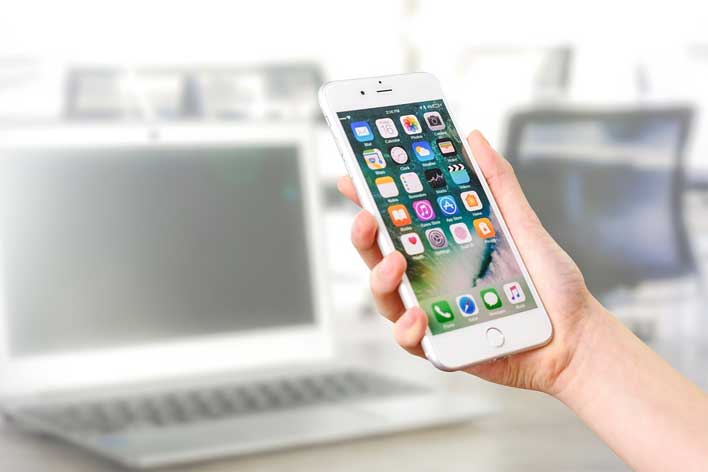Independent iPhone Testing Claims Radiofrequency Radiation Is Above Legal Limits
A new report is making the rounds that originated with The Chicago Tribune. The publication took several smartphones, including multiple iPhone models, and tested them to see how much radiofrequency radiation the devices emit. The testing alleges that some iPhones are emitting radiation that is exceeding federal safety limits.

The publication used an accredited lab to test the smartphones per federal guidelines. In the testing, the iPhones were under a clear liquid meant to simulate human tissue, and probes measured the radiofrequency radiation. While testing found that several iPhone models were producing radiofrequency radiation over legal limits, the worst performer was the iPhone 7.

The testing showed that the iPhone 7 was over the legal limits for radiation production, and produced more than twice the radiofrequency radiation that Apple reported to federal regulators. Some of the tests conducted by the lab found that the iPhone X was slightly over legal radiation limits along with the iPhone 8. The iPhone 8 Plus was found to stay within legal limits.
The iPhones were tested again after Apple complained that the original test procedures were done incorrectly. The second round of iPhone testing added steps to activate sensors that reduce the power produced by the iPhones. In the modified iPhone testing, someone held the device while tests were run, the iPhone 8 was under the 5mm radiation production limit. The iPhone 7 models stayed above the legal limit.
Apple is also contesting the second round of testing, stating that it was performed incorrectly. After the test results were published, the FCC noted that it would be doing its own retesting over the next few months and verifying the smartphones comply with FCC rules. Other smartphones tested included models from Samsung, Motorola, and Vivo with most of the devices said to exceed FCC regulations for radiofrequency radiation levels.

